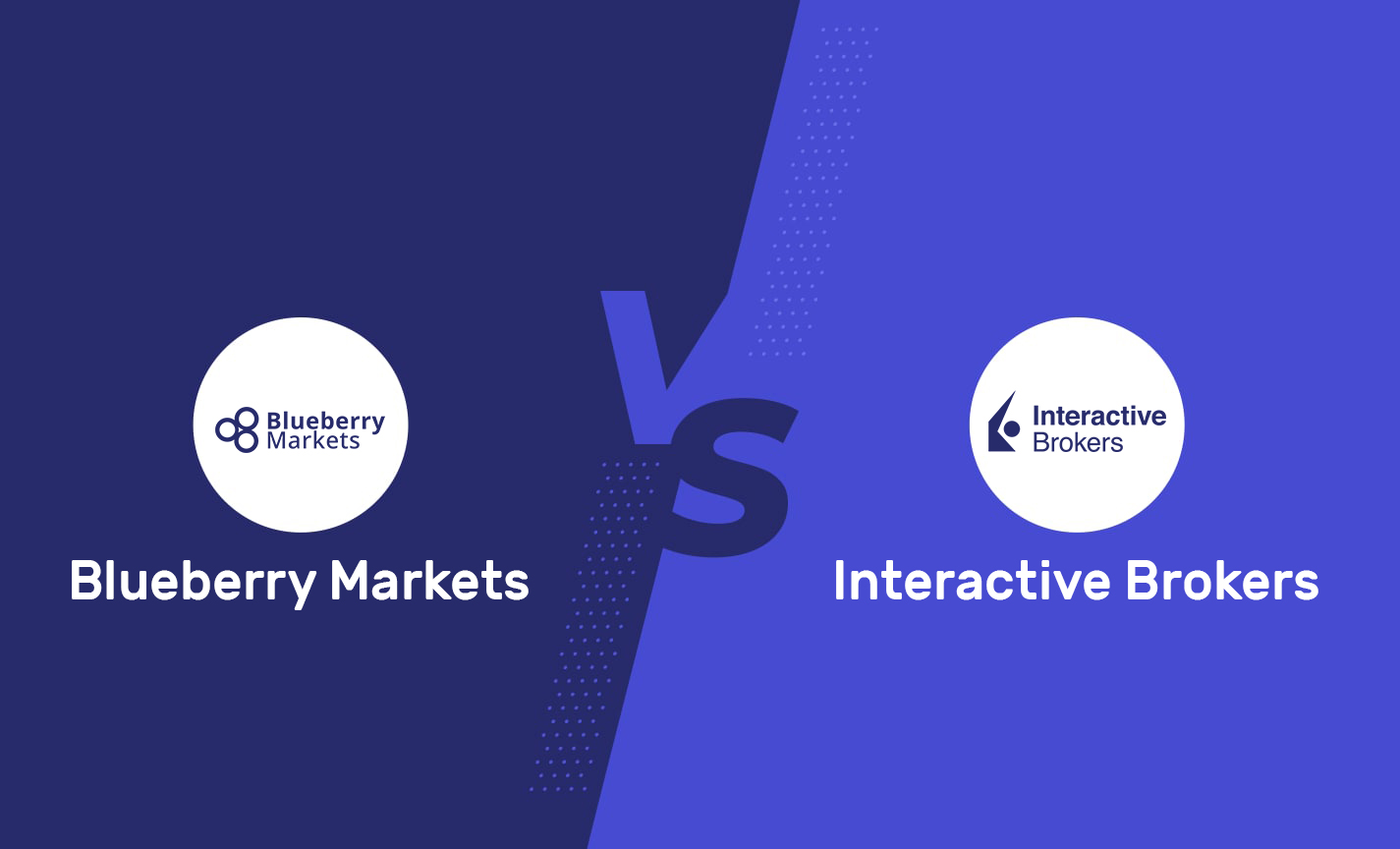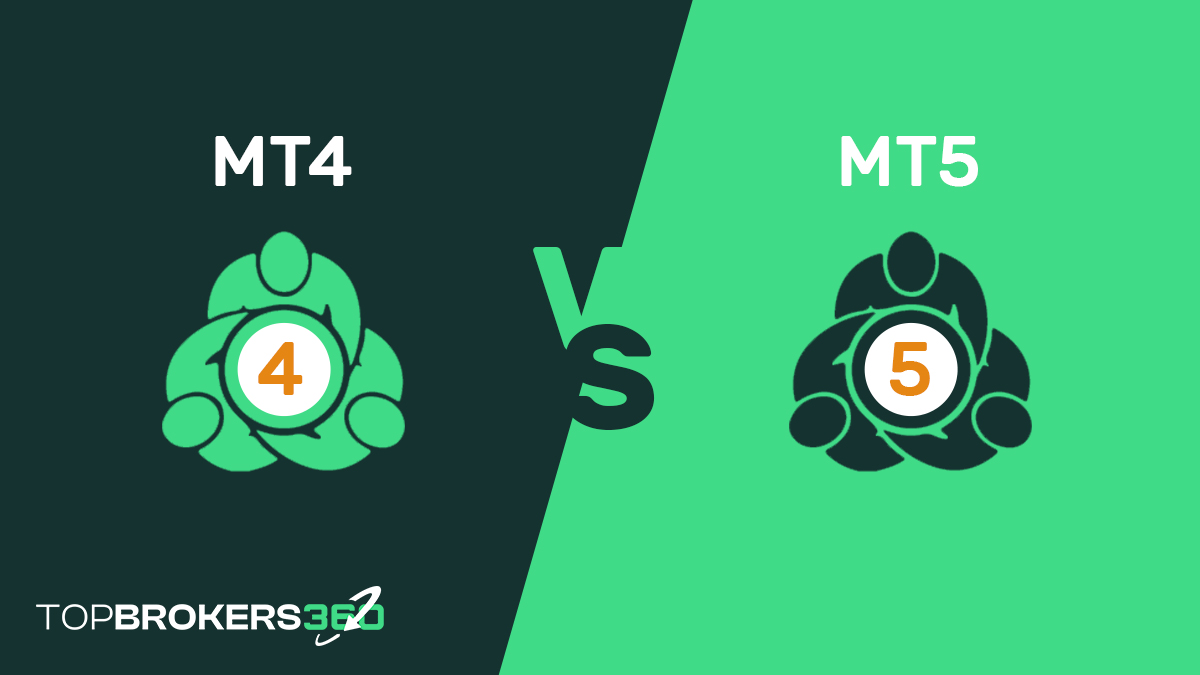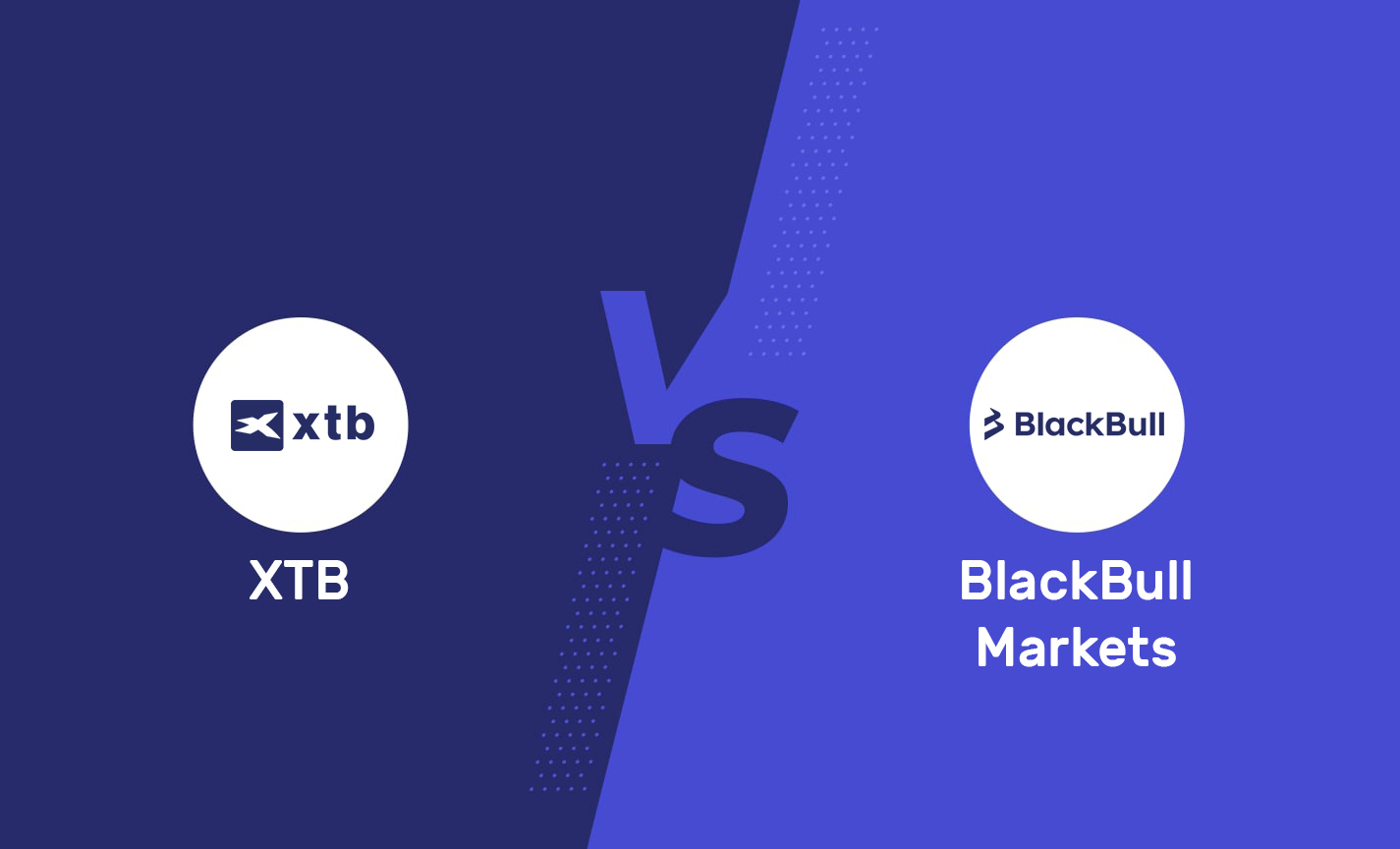With just a few clicks, we can now buy and sell stocks, forex, and other financial instruments from the comfort of our homes. It's a game-changing innovation that has transformed the way we invest our money. But, as with any investment, there are risks involved. The markets can be incredibly unpredictable, and if you don't manage your risks properly, you could end up losing a lot of money. Don't worry, though - we're here to help. In this article, we will explore the importance of effective risk management in online trading and give you some tried-and-tested strategies that both new and experienced traders can use to navigate the markets like a pro.
Without proper risk management, you are essentially navigating the markets blindfolded, hoping for the best and bracing for the worst. It's a recipe for disaster, and a gamble that no trader should take. But fear not, because by implementing effective risk management strategies, you can sail through the markets with confidence, secure in the knowledge that you are protecting your investments and your future. From diversification to stop-loss orders, there are a variety of techniques you can use to manage risk in challenging markets.

What is Risk Management?
Risk management is a fundamental concept when it comes to finance and investment. It refers to the process of identifying, assessing, and mitigating potential risks to protect your financial interests and assets. The primary objective of risk management is to minimize the impact of adverse events or uncertainties that could lead to financial losses.
Here are some of the main types of risks you may encounter in the bustling markets:
Market Risk: The ever-changing market can cause the value of your financial instrument to fluctuate. This risk is particularly significant for investors who engage in day trading or short-term investments.
Operational Risk: Technological failures, trading errors, and other operational issues can lead to substantial losses. This risk is particularly significant for investors who rely heavily on technology or online platforms for their trading activities.
Credit Risk: Trading with less reputable or less established counterparties can lead to the possibility of counterparty default.
Liquidity Risk: Selling your financial instrument quickly enough to avoid losses can be difficult in illiquid markets.
However, understanding these risks is only the first step. To protect your investments, it is important to take steps to mitigate them. You can diversify your investments, implement risk management strategies, and take other measures to prioritize risk management in online trading. By doing so, you can navigate the online trading world with confidence and achieve your investment goals.
Instrumental Strategies Made for Risk Management
Diversification: Don't put all your eggs in one basket. Diversification means spreading your investments across different markets and financial instruments. This strategy helps to minimize your exposure to a single asset or market, reducing the potential for losses. By investing in stocks, forex, commodities, and bonds, you can spread out your risk and increase your chances of success.
Stop Loss Orders: Sometimes, market movements can be unpredictable. Stop-loss orders are a smart way to protect yourself. These orders instruct your broker to sell a financial instrument if it reaches a certain price. This strategy helps to limit your losses by automatically closing your position when the market moves against you. By setting a stop-loss order, you can protect your investments and minimize your risks.
Position Sizing: Position sizing is another essential strategy for managing risk. This technique involves adjusting the size of your trades to manage your exposure. By controlling the size of each trade, you can limit your losses and prevent a single trade from wiping out your entire account. For example, you can limit your risk by only investing a small percentage of your account balance on each trade.
Securing Your Financial Future
It's a common misconception that online trading is an easy way to make a quick buck. In reality, it takes discipline, patience, and a lot of hard work to be successful in this industry. One of the most important things to keep in mind when trading online is never to invest more than you can afford to lose. This may sound like common sense, but you would be surprised at how many people get caught up in the excitement of trading and forget to set a budget. At the end of the day, successful online trading is all about balancing risk and reward. By taking the time to understand the markets and implementing effective risk management strategies, you can position yourself for long-term success in this exciting and dynamic industry.
Now that you have a better understanding of how to navigate the risks in the markets, what comes next is the necessity to be able to manage and control your psychological impulses in online trading. Keep enhancing your trading mindset by diving into our next chapter on “The Psychology of Trading”. It’s all about being in control of your emotions and using your powers to make informed decisions.




















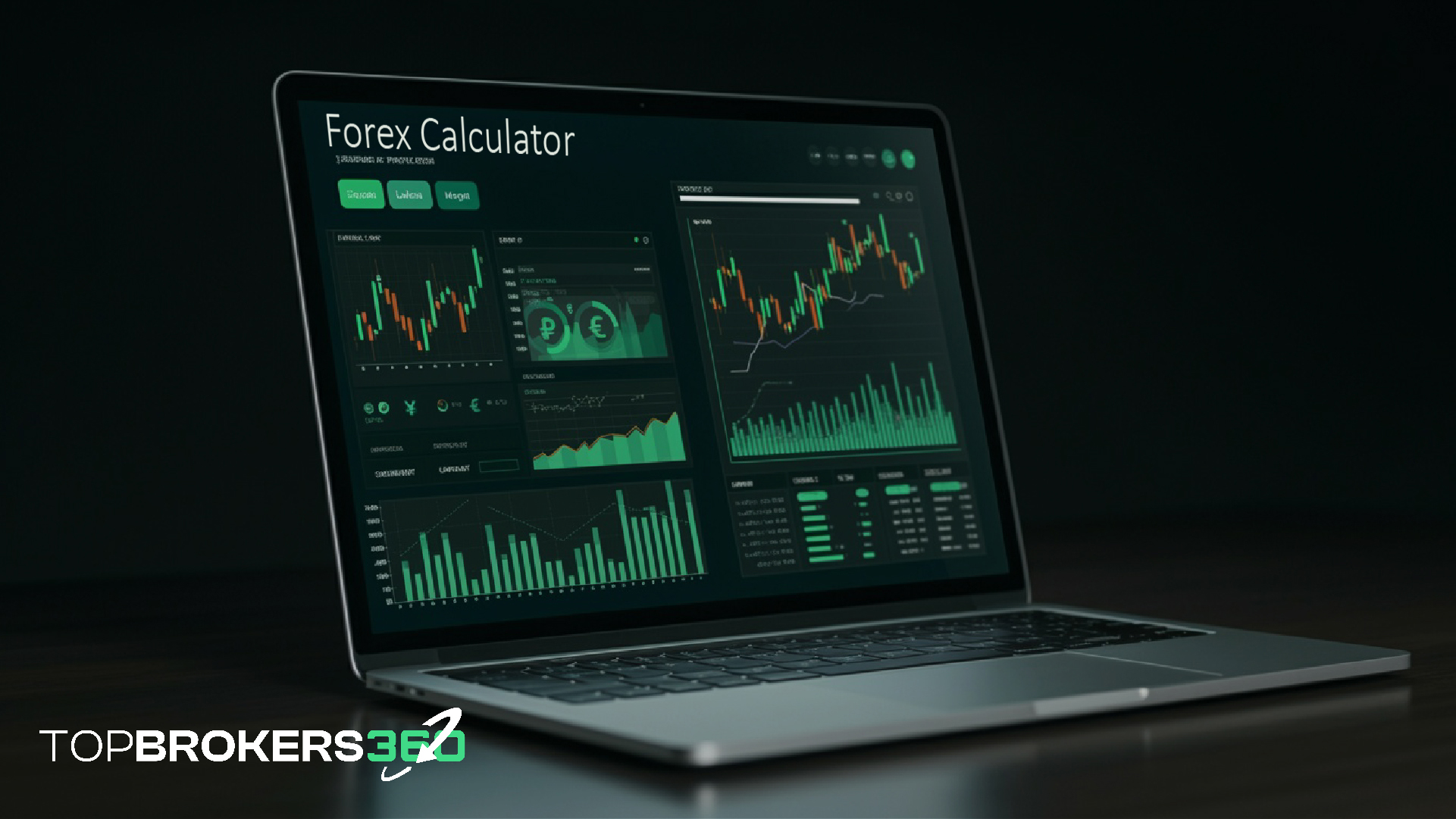






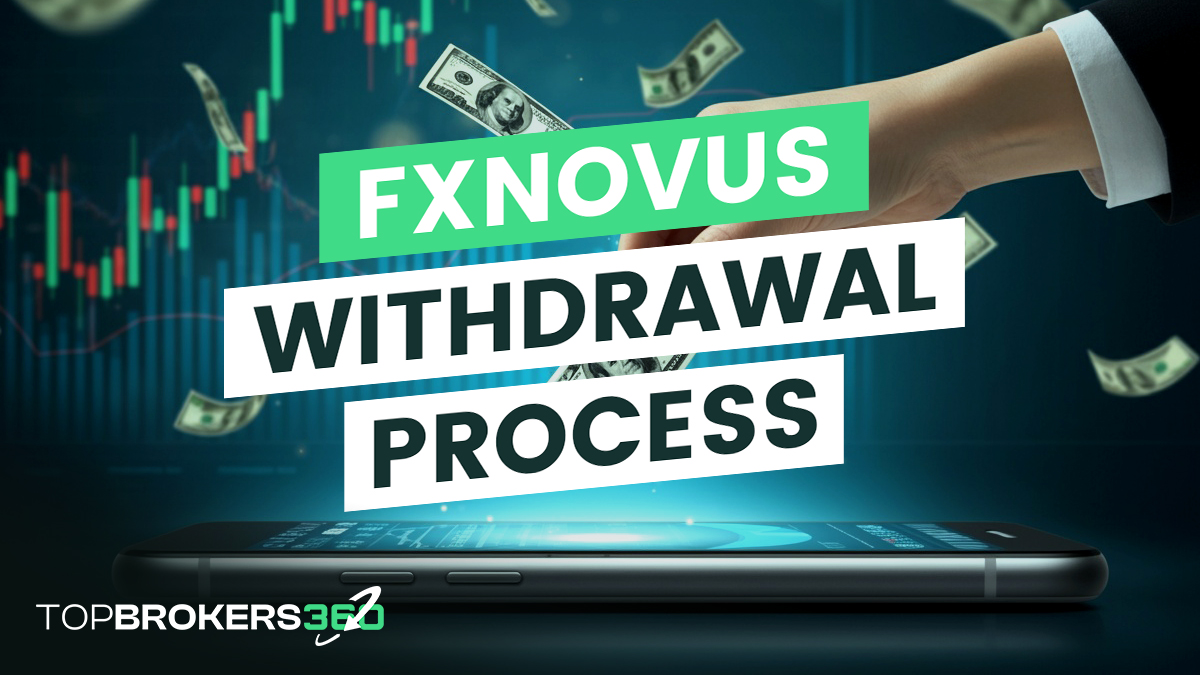



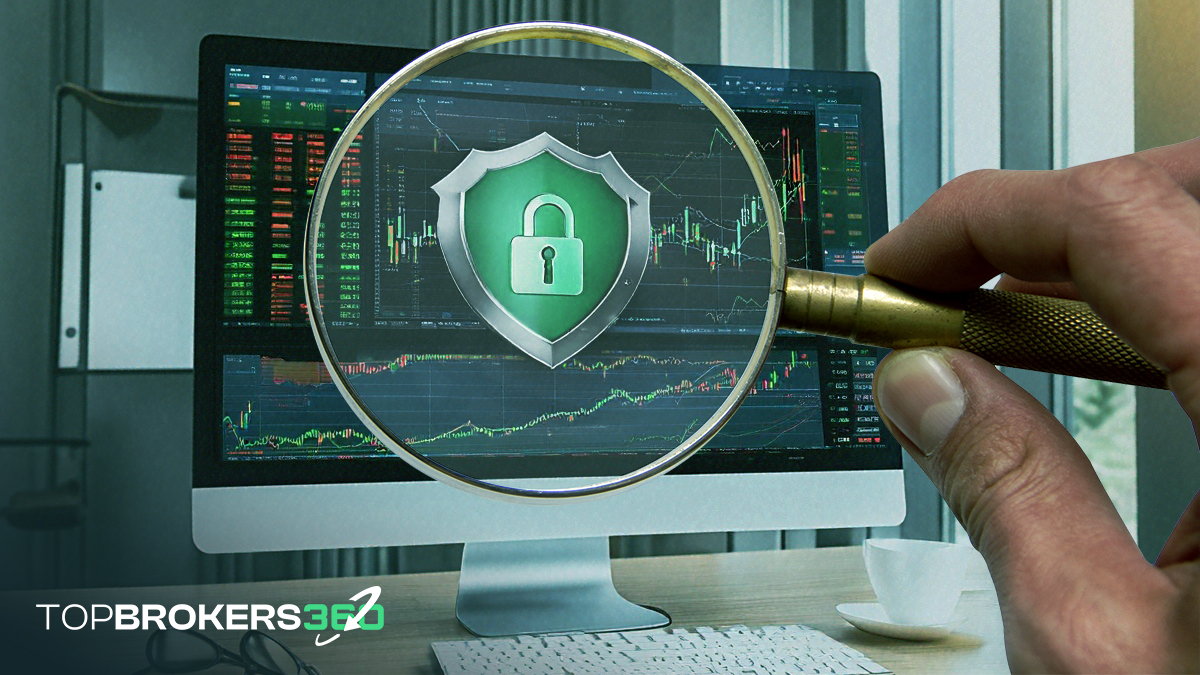
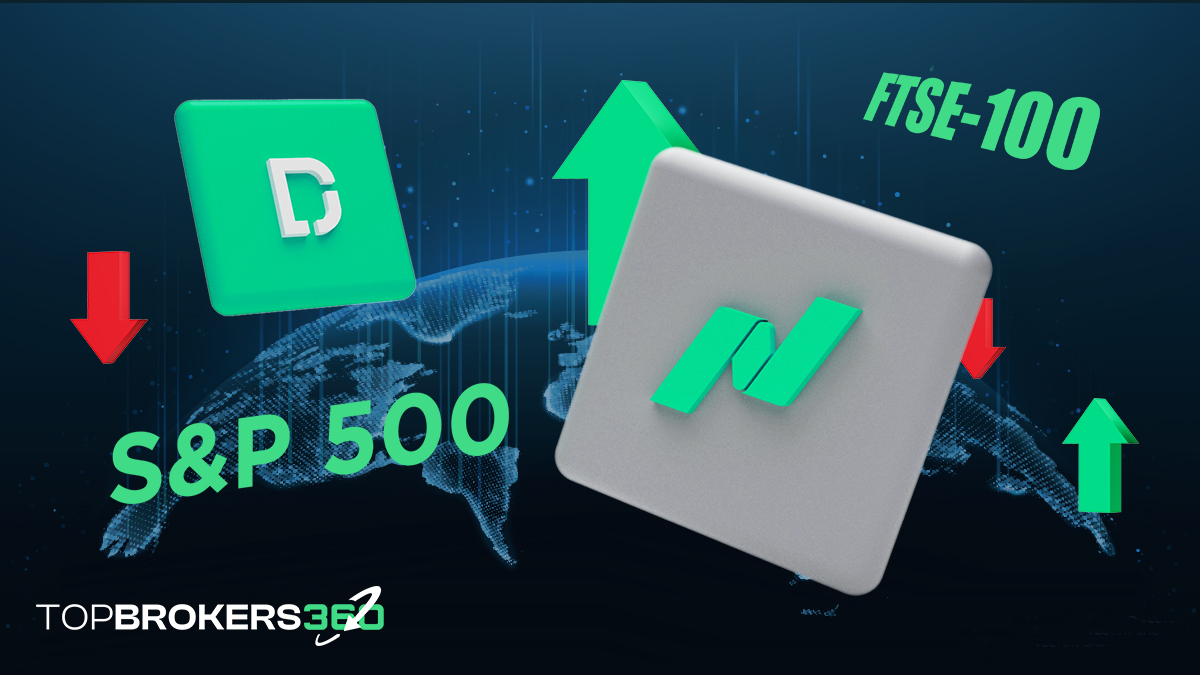




![Weekly Economic Overview [05.07.24]: S&P 500, NASDAQ, Tesla, and Apple](https://www.topbrokers360.com/wp-content/uploads/2024/07/Weekly_Update_Thumbnail_5.jpg)

![Weekly Economic Overview [28.06.24]: US Stock Market Trends, Inflation Insights, and NVIDIA Analysis](https://www.topbrokers360.com/wp-content/uploads/2024/06/Weekly_Update_Thumbnail_4.jpg)



